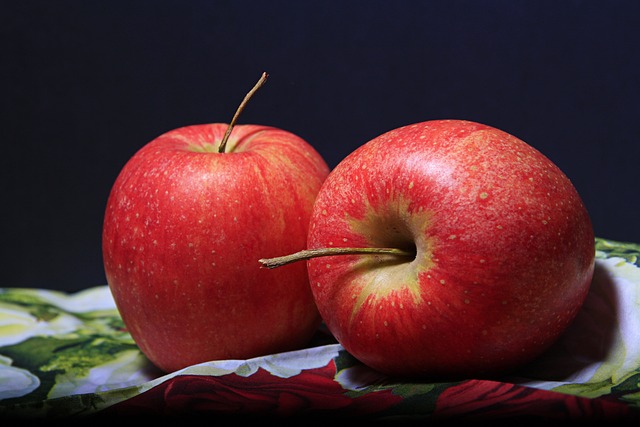Probiotics 101: A Comprehensive Guide to Gut Health
Your gut is home to trillions of microorganisms, including bacteria, fungi,
and viruses. While many of these microorganisms are good for your health,
some can cause harm. That’s where probiotics come in. Probiotics are live
microorganisms that can provide numerous health benefits, especially for
your gut health. In this comprehensive guide, we’ll cover everything you
need to know about probiotics, including what they are, how they work, and
how to incorporate them into your diet.
What Are Probiotics?
Probiotics are live microorganisms that, when consumed in adequate amounts,
can provide various health benefits. There are many different strains of
probiotics, but the most common ones belong to the Lactobacillus and
Bifidobacterium species.
How Do Probiotics Work?
Probiotics work by restoring the balance of good and bad bacteria in your
gut. They do this by colonizing your gut with beneficial bacteria and
inhibiting the growth of harmful bacteria. Probiotics can also help
strengthen the gut barrier, which can prevent harmful substances from
entering your bloodstream and causing inflammation.
The Benefits of Probiotics
Probiotics have been shown to provide numerous health benefits, especially
for your gut health. Here are some of the most well-established benefits:
- Improved Digestion: Probiotics can help improve
digestion by breaking down food and absorbing nutrients more efficiently. - Reduced Inflammation: Probiotics can help reduce
inflammation in the gut, which can alleviate symptoms of inflammatory
bowel disease (IBD) and other digestive disorders. - Stronger Immune System: Probiotics can help strengthen
the immune system by promoting the growth of beneficial bacteria and
inhibiting harmful bacteria. - Better Mental Health: Probiotics have been linked to
improved mental health, including reduced symptoms of depression and
anxiety. - Improved Heart Health: Probiotics can help improve
heart health by reducing cholesterol levels and blood pressure.
Where to Find Probiotics
Probiotics can be found in many different foods and supplements. Here are
some of the best sources:
- Yogurt: Yogurt is one of the most popular sources of
probiotics. Look for yogurt that contains live and active cultures. - Kefir: Kefir is a fermented milk drink that contains
a variety of probiotic strains. - Sauerkraut: Sauerkraut is a type of fermented cabbage
that contains probiotics. - Kombucha: Kombucha is a type of fermented tea that
contains probiotics. - Probiotic Supplements: Probiotic supplements are
available in many health food stores and online. Look for supplements that
contain a variety of strains and at least 1 billion CFUs (colony-forming
units) per dose.
How to Incorporate Probiotics into Your Diet
Incorporating probiotics into your diet is easy and delicious. Here are
some tips to get started:
- Start your day with a bowl of yogurt topped with fresh fruit and nuts.
- Drink a glass of kefir as a mid-morning snack.
- Add sauerkraut to







